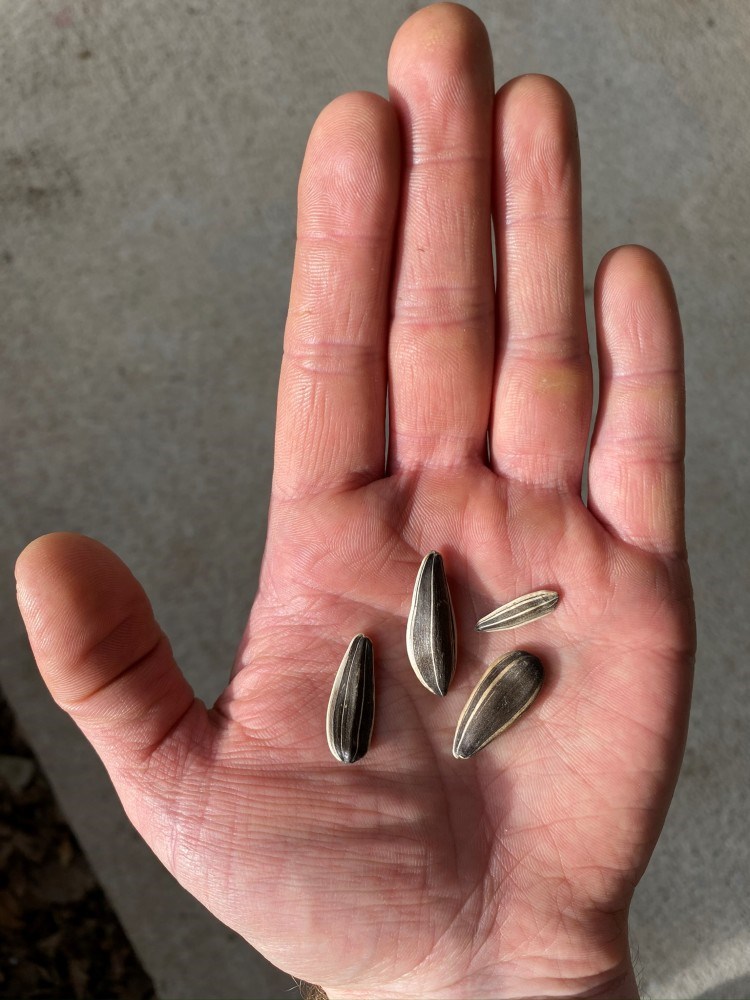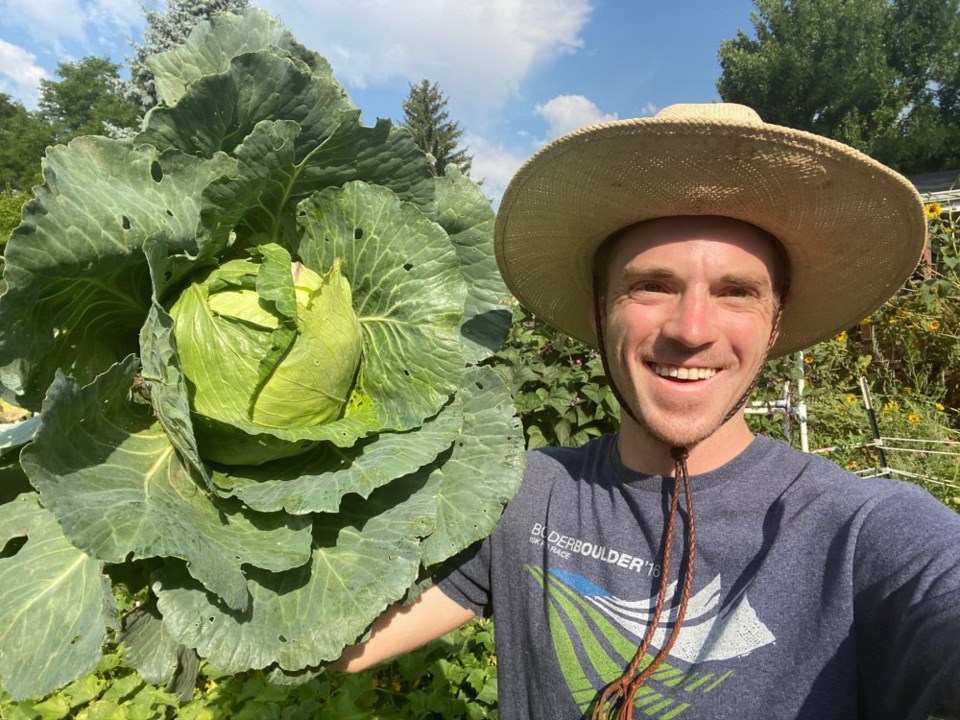December is prime time to buy your seeds for the upcoming growing season. Even though it’s the middle of the winter, spring is slowly sneaking up on us and the first of the seeds — peppers— need to be started in February.
In Longmont, The Flower Bin, has a great variety of vegetable and flower seeds. If you’re selective about where you get seeds, there are a number of other sources you may want to check out, more details can be found in my blog post, “Seeds, Where It All Begins.”
What to grow?
Whatever you will eat is exactly what you should grow. If you’re new to this whole vegetable thing and you have no idea what you’ll eat or what you’ll like, then try growing a variety of vegetables.
Lettuce, spinach, arugula, radishes and kale are great starting points. These are cool-weather crops, meaning they just like and grow best in the cold. As such they are best grown in the spring and fall. However, there are different varieties, some of which may be more heat tolerant than others. This is where growing your own food starts getting fun because not all varieties act the same, which can make things incredibly interesting and challenging.
For vegetables that can be grown past the spring and fall, peppers, tomatoes, edamame, fava beans, cucumbers, beans and squash are great to add to the mix. For squashes you want a mix of both summer and winter squash. Don’t be fooled, both grow in the summer but winter squashes have a hard exterior and keep well into the winter (sometimes beyond the winter), so you eat them over the winter. Whereas summer squashes have thin exteriors and go bad quickly.
If you’re only going to grow one thing, make it squash. You’ll get the most bang for your buck, they’re very easy to grow and they don’t need to be planted until after the first frost so you don’t even have to mess with starting seeds early. Once squash start growing, they take off and you generally get quite a few pounds of food from one seed. Grow squash.
 December is prime time to buy your seeds for the upcoming growing season. By James Lissy
December is prime time to buy your seeds for the upcoming growing season. By James LissyWhat varieties to get?
When you look at seeds and you see 50 types of lettuce and 20 types of kale, which ones do you go with? Starting out, you want to stay away from the “exotic” varieties. If you read the packet and it’s a variety of lettuce that is only found in a 3-square-mile area in the Canary Islands, don’t bother with it or you’re likely going to be very disappointed. Such varieties tend to be very temperamental and really hard to take care of. You want the varieties that grow well in a wide range of temperatures and climates.
A good way to find out what grows well in Longmont is to go to the farmers market and see what everybody is selling. What you’ll see at farmers markets are generally the crops that grow with abundance and are easy to sell. You also can take this as an opportunity to talk to a farmer and see if they have any variety suggestions for you as well as taste test different varieties (or just eat vegetables in general) to find out what you like.
Here are a few varieties that I very much enjoy and grow well in Longmont:
Lettuce — Buttercrunch
Spinach — Bloomsdale
Radish — De 18 Jours
Carrot — Danvers 126 Half Long
Onion — Southport Red Globe
Beans — Dragon Tongue and Blauhilde
Cucumber — Dar, Muncher and Lemon
Tomato — Black Cherry, Mushroom Basket and Brad's Atomic Grape
Kale — Russian Red, Blue Curled Scotch and Dazzling Blue
Squash — Spaghetti, Acorn, Zucchini, Butternut, Yellow Crookneck, Connecticut Field Pumpkin and Winter Luxury Pumpkin
When it comes down to it, just grow what you’ll eat then you won’t ever be disappointed.
If you’d like to see the full list of seeds I’m going to try growing this year, then check out my blog post, “Order Those Seeds!!!”
Have a question?
If you have any questions or subjects you would like me to cover in this column, they can be emailed to [email protected] with the subject line “Longmont Leader question.” I will happily answer any questions you may have, after all this column is for you to benefit from and enjoy.



